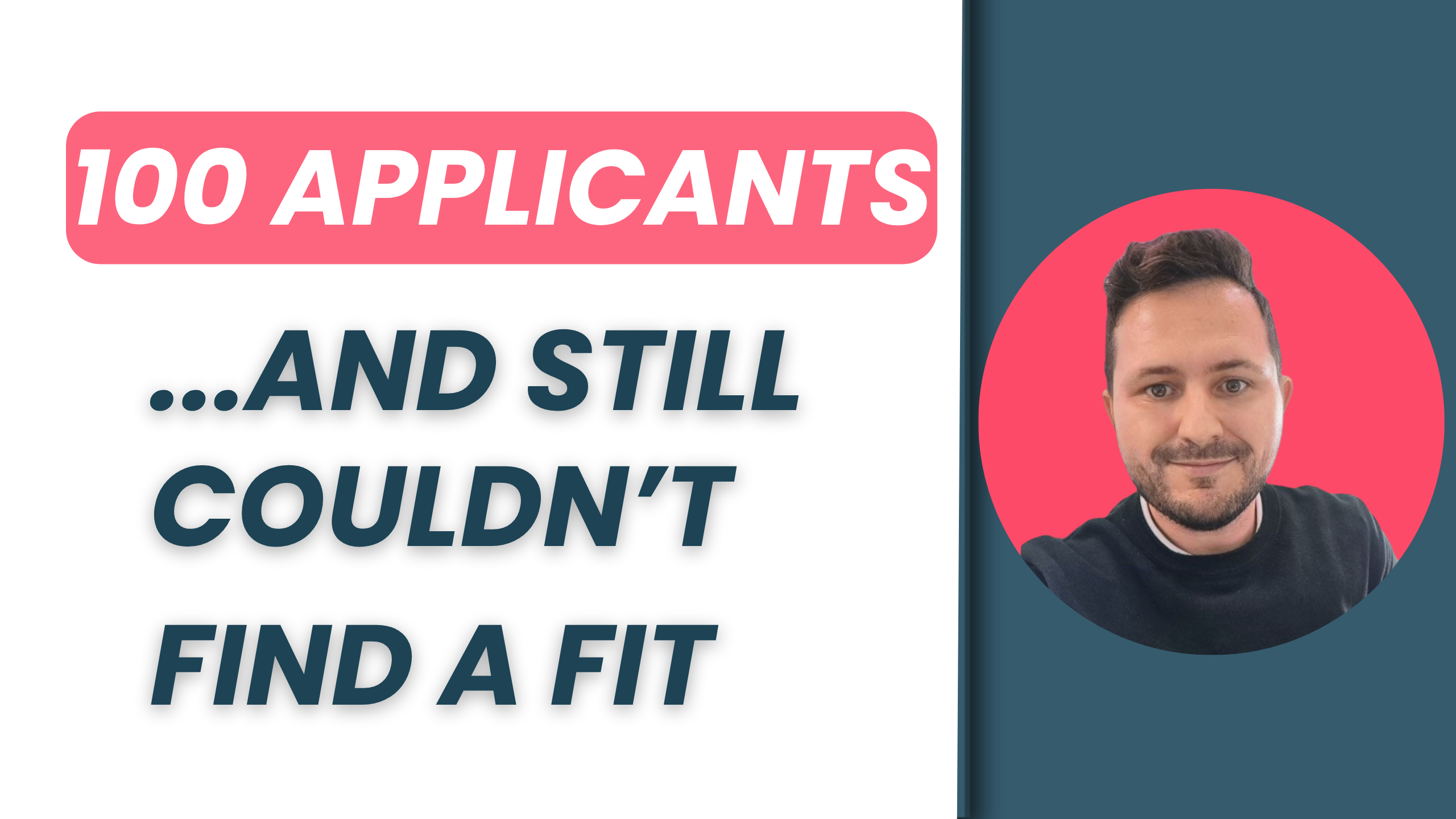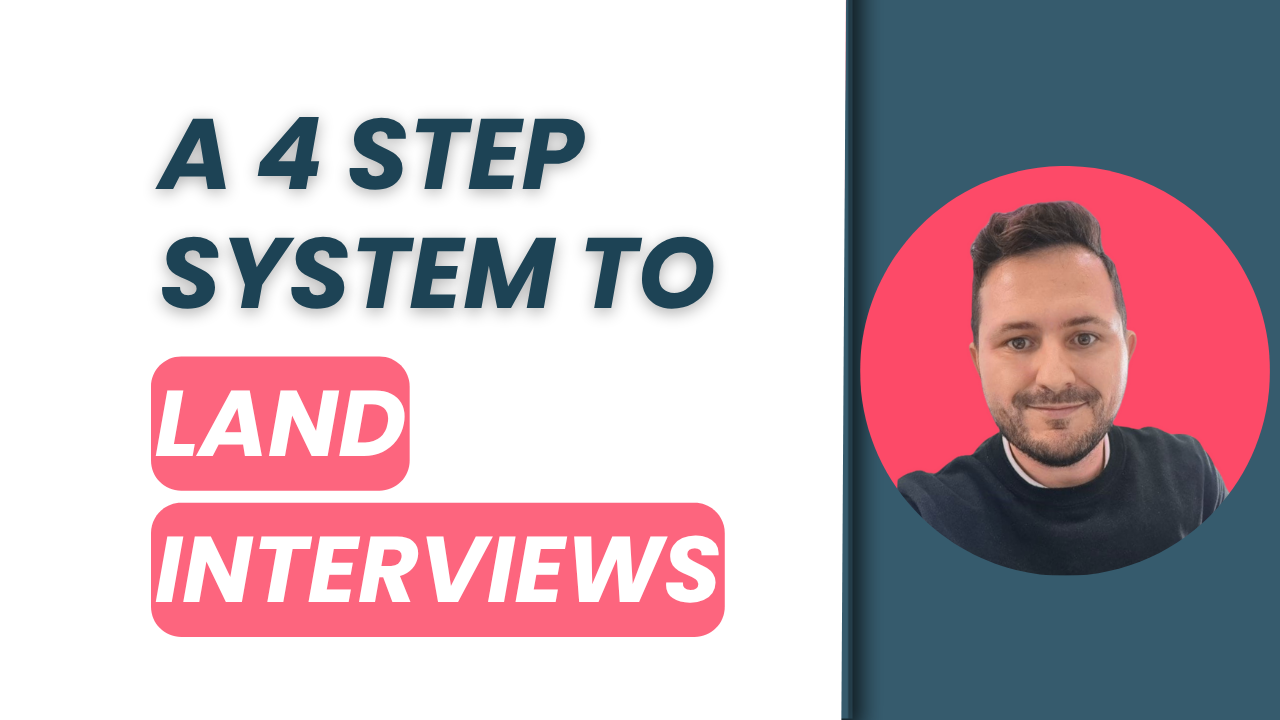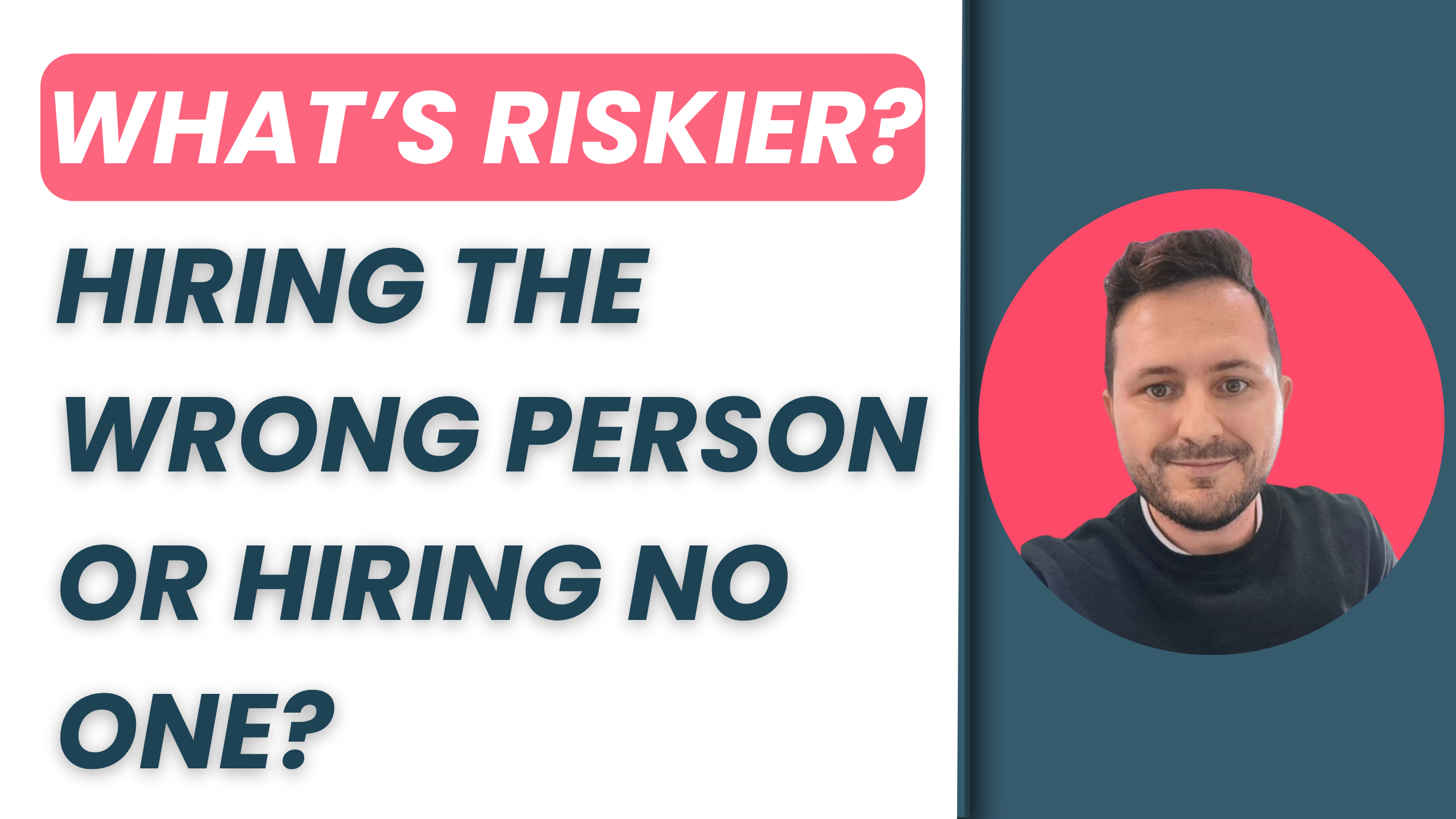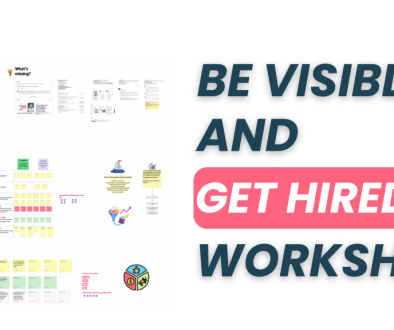How to Tackle the “Why Are You Leaving Your Current Job?” Question in an Interview
You’re in the hot seat, and the hiring manager leans in with that question: “Why are you leaving your current job?” Your heart skips a beat, and suddenly, it feels like every career decision you’ve made is under a spotlight. I’ve been there. It’s one of those moments that can make you question everything, but here’s the thing, you don’t have to let it trip you up.
With over a decade in the staffing game and more than 1,000 interviews under my belt, I’ve seen how people handle this tricky question. And guess what? It’s not just about why you’re leaving; it’s about how you tell the story. The candidates who nail this? They reframe their departure with positivity, honesty, and a clear focus on the future.
Employers want to see that your move aligns with your career goals and that you’re bringing something valuable to the table. So, let’s dive into how you can ace this crucial moment in the interview.
Here is how you can master this crucial interview moment.
Start on a Positive Note
When discussing why you’re leaving your current job, always keep the tone positive. This isn’t the time to vent about your current situation. Instead, focus on what you’re moving toward, not what you’re leaving behind.
Try something like this: “I’ve enjoyed my time at [Current Company] and have learned a lot about [specific skills or experiences], I feel very proud of [Main achievement].
Right away, you’ve set a positive tone. You’re not just running from something, you’re ready for what’s next.
Be Honest, but tactful
Honesty is crucial, but it’s equally important to balance it with discretion. Yes, it’s crucial to be truthful, but there’s a fine line between transparency and airing disappointments. Focus on the lessons learned rather than the obstacles faced. Here’s a formula that works:
Example: “After [period of time] at [Current Company], I’ve realized that [key attributes of your ideal job] are essential to my career satisfaction because [why it matters to you]. However, I’ve realized that I thrive in environments where I can [Add your main motivation]”
Now you’re framing your departure as part of a thoughtful, strategic move rather than a hasty escape.
Focus on Fit and Future Career Goals
This is where you shift the spotlight from your current job to your next one. Show them that you’re not just job-hopping—you’re making a smart career move that aligns with your long-term goals. Share your excitement about what this new opportunity offers and how you can contribute.
For example: “What got me really excited about this opportunity at [Future employer] is to work on [High value initiatives your future employer is working on] and help you achieve [Future employer goals] by [Deliver your personal power statement]
Boom, you’ve just positioned yourself as a candidate with vision, someone who’s thinking long-term and ready to make an impact.
Plan, Rehearse and Own it
Let’s pull it all together with a full example: “I’m especially proud of growing our user base by 43% in just 18 months. Working on the agency side has been rewarding, but I’ve realized that creativity and seeing projects from start to finish is what keeps me engaged and motivated.
However, I thrive in environments where I can dig deeper into long-term projects that offer sustained impact.
What got me really excited about this opportunity at {Your company} is to work on your new initiative aimed at leveraging AI to enhance customer personalization and help you achieve your goal of becoming the top CX SaaS company in Europe by 2026 by leveraging my expertise in driving user engagement. “
With this, you’re not just answering a question…you’re telling a story. You’re showing the interviewer that you’ve thought this through, and that this move is about growth, not just change.
Final Tips for Success:
- Stay Positive: Avoid the temptation to dwell on what’s wrong with your current role. Keep the focus on what’s drawing you forward.
- Practice Makes Perfect: Rehearse your answer until it feels natural. This is about owning your narrative, not just getting through the question.
- Customize Your Approach: Tailor your response to each company and role. Make it clear why this job is the right next step.
So, what story are you telling in your interviews? Are you painting a picture of past frustrations, or are you crafting a narrative of growth, opportunity, and excitement for what’s ahead?
The way you frame your career journey can make all the difference.







